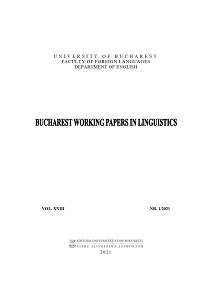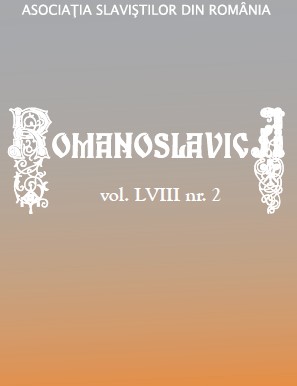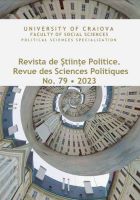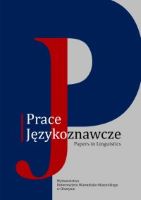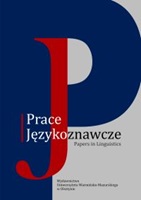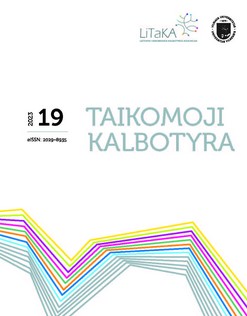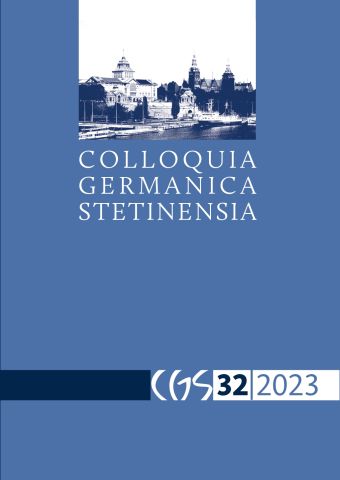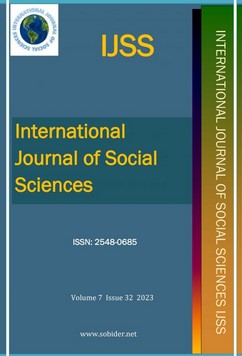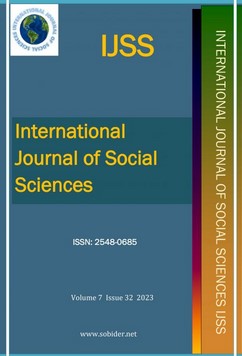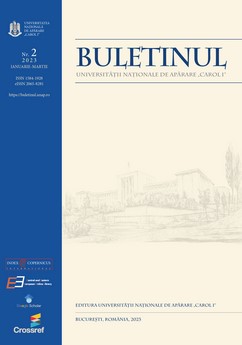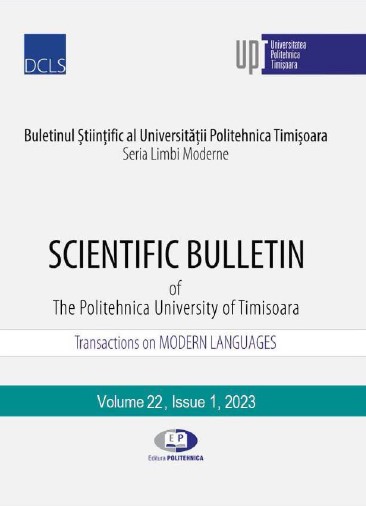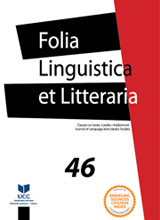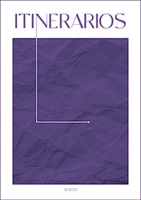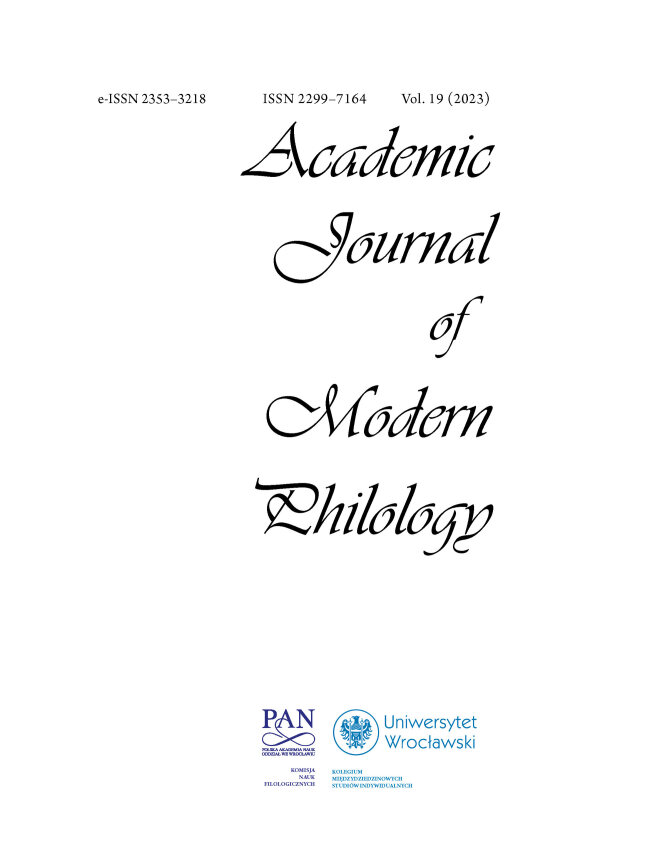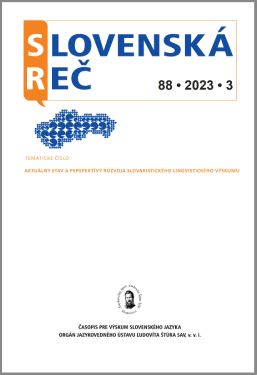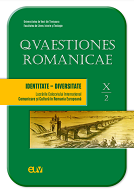Author(s): Jolanta Kovalevskaitė,Erika Rimkutė / Language(s): Lithuanian
Issue: 19/2023
From the corpus data, we observe that in the real language usage, the particular verb does not appear in all theoretically possible finite and infinite verb forms in the morphologically rich Lithuanian but is used in those forms which are relevant for the verb patterning. On the one hand, by teaching vocabulary, is it important to represent lexis in these relevant forms – frequently used forms, and, on the other hand, in grammar teaching, there is a need to provide learners with appropriate vocabulary, e.g., by teaching infinite forms, to use verbs, in the usage of which, these forms are relevant and frequent. In this paper, we provide language teaching practitioners with the data about the frequently used Lithuanian verbs and show which of them and how often appear in infinite forms (participles in passive and active voice, adverbial participles, half participles). As a research data we use 200 verbs from the Lexical Database of Lithuanian Language Usage which was developed on the basis of the written subcorpus of the Pedagogic corpus of Lithuanian. The investigated verbs belong to the frequent vocabulary: in the corpus of approx. 700,000 tokens, these verbs are used 100 times (and above). First, we analysed, which verbs appear in infinite forms, second, we checked whether frequent and typical infinite forms are included into corpus pattern(s) of these particular verbs, and if there is a link between the infinite form and a particular meaning of the verb. All verbs (except of three verbs with no infinite forms) were included into one of three groups: 1) 11 verbs which occur in the infinite forms frequently (more than 50% of all forms – finite and infinite) and, accordingly, typical; 2) 117 verbs with the infinite forms making up from 10 to 50%; 3) 69 verbs, with the infinite forms making up less than 10% of all verb forms. Interestingly, the verbs of the first group, usually have only one infinite form, e.g., participle in passive voice which makes up more than 50% of all forms of verb. These cases are also frequently observed in the second verb group. Thus, if the verb tends to be used in infinite forms, it is important to know which infinite form is relevant to that particular verb. In the Lexical Database of Lithuanian Language Usage, lexical and grammatical patterning of the word is represented in the form of corpus patterns. In this study, we showed the interrelation between the frequently used infinite forms of the verb and its corpus patterns (also, corpus patterns related to particular meaning of the polysemous verb). We can expect various applications of the provided data in the Lithuanian as a foreign language teaching: the provided data about the verbs typical and frequent in infinite forms and the corpus patterns including these infinite forms can be used for building vocabulary training as well as for developing grammar exercises.
More...

